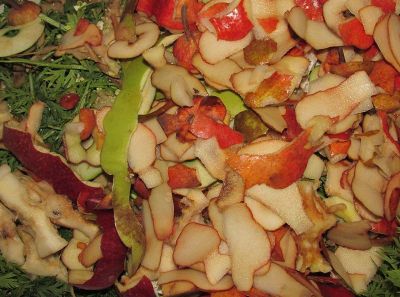The food
processing industry in Europe could do more to maximise the value of
waste and by-products. Transforming waste into valuable materials or a
potential revenue source will reverse the negative impact on the
environment and boost the overall competitiveness and sustainability of
the sector. The growing opportunity to benefit from food waste depends
on assessing its nutritional value while ensuring quality and safety.
To achieve this, the EU-funded project 'Sustainable production of functional and safe feed from food waste' (NOSHAN) has set out to use food waste as animal feed and feed additives in an economical and energy-friendly way.
During the first reporting period, researchers created a guide that
contains an extensive collection of the main food waste and by-products
in Europe. These food waste streams include fruit, vegetables, plants
and dairy. Their suitability for feed production is based on nutritional
and functional elements as well as on undesirable contaminants.
The team developed innovative methods to produce and remove specific
feed additives from food waste. This will deliver a more economical and
sustainable treatment method able to treat various waste sources and
their combinations.
Several cutting-edge technologies are currently being designed,
piloted and integrated into existing practices to produce safe, low-cost
and nutritionally rich feed.
The tools and technologies being developed by NOSHAN for safe feed
and additives are expected to have a direct socioeconomic and
environmental impact on European society.
 EN
EN  CS
CS DE
DE ES
ES FR
FR HU
HU IT
IT PL
PL PT
PT РУ
РУ SK
SK TR
TR УК
УК AR
AR 中文
中文







